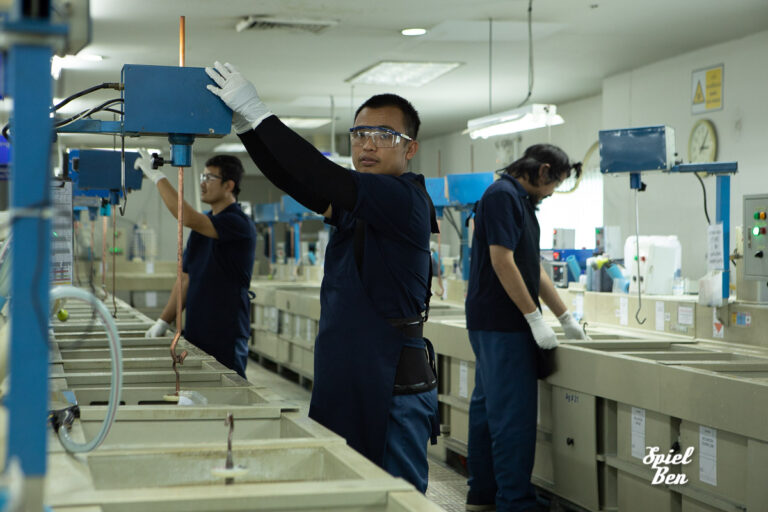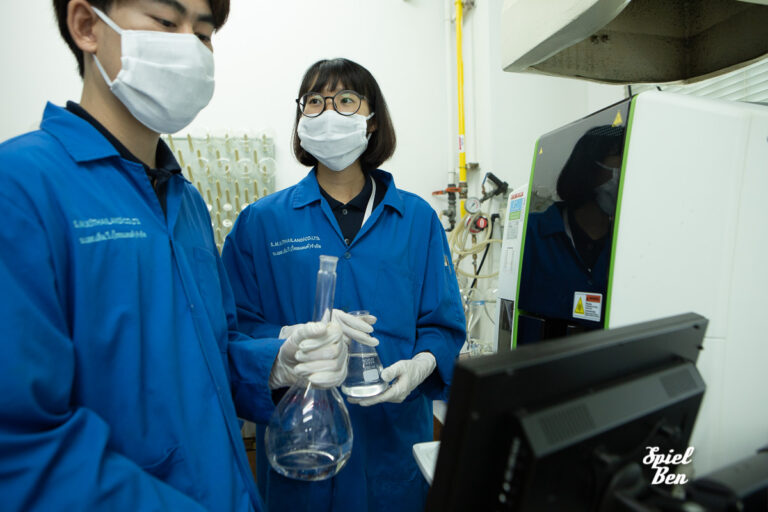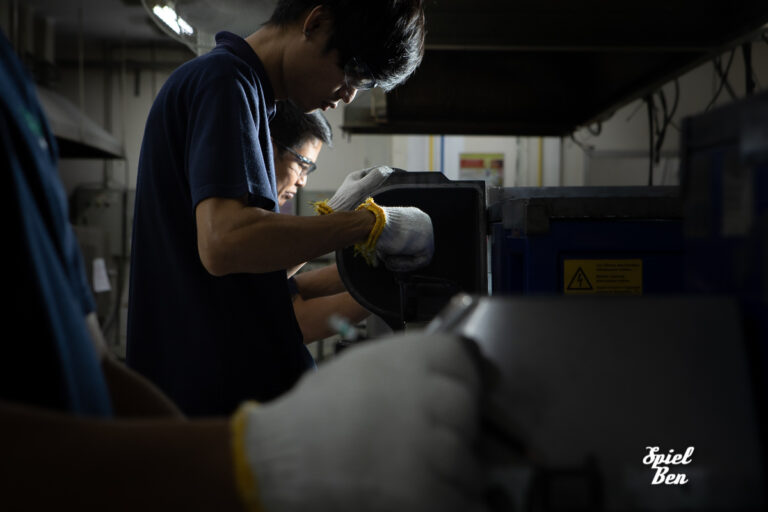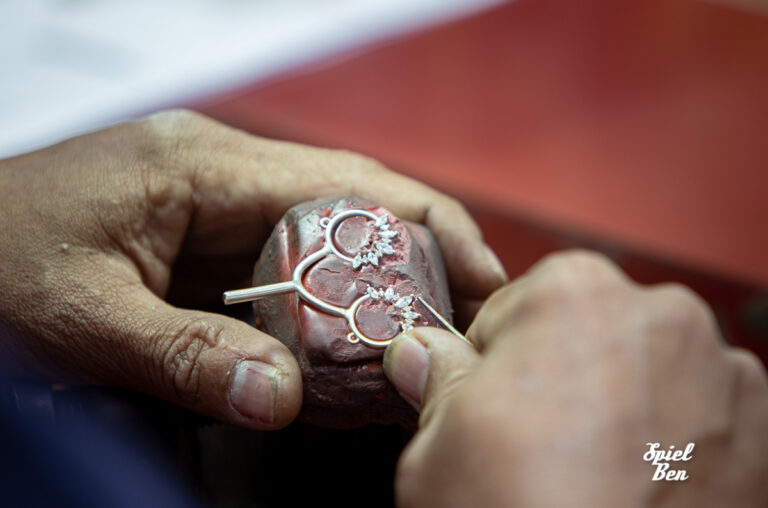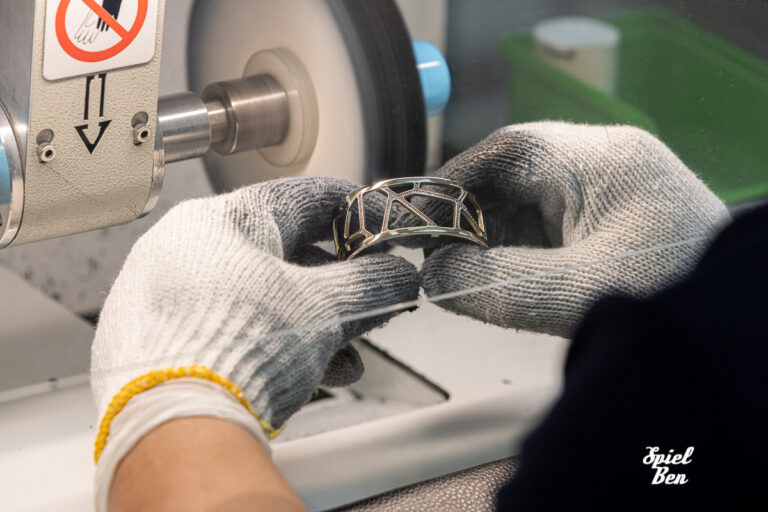Are you intrigued by the world of industrial photography?
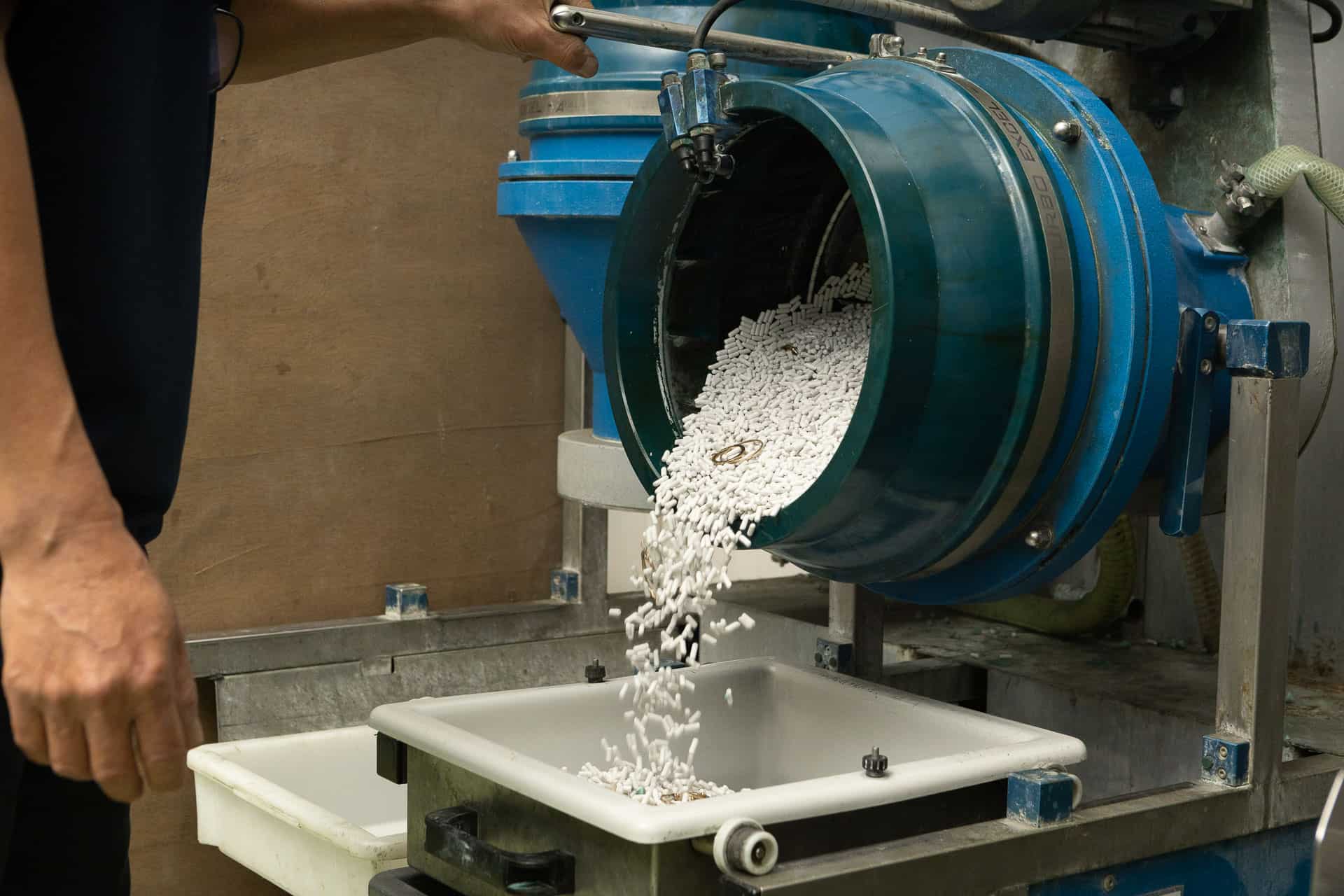
Learn everything you need to know to start your journey in this exciting field!
Capturing images of industrial equipment, machinery, and processes requires a unique set of skills and knowledge. As an industrial photographer, you will work in various settings, such as factories, construction sites, and laboratories, to produce images used for marketing, advertising, and documentation purposes.
Specialized equipment, including high-speed cameras, underwater cameras, and drones, are commonly used to create high-quality, unique images. In this article, we’ll delve deeper into what it takes to become an industrial photographer and what to expect from this career.
A degree in photography, fine arts, or a related field is usually required to become an industrial photographer. However, technical knowledge and artistic abilities are equally important. A strong portfolio showcasing your work is essential, along with excellent communication and organizational skills.
Education and Skills
Industrial photography requires working well under pressure and in fast-paced environments. Therefore, possessing a strong work ethic and familiarity with industrial equipment, safety protocols, and technical terminology is crucial.
Salary Expectations
Salaries for industrial photographers vary depending on experience, location, and employer. According to the Bureau of Labor Statistics, the median annual salary for industrial photographers in the United States is around $62,000. However, experienced photographers can earn upwards of $100,000 per year.
Freelance industrial photographers usually charge by the hour or project, with rates ranging from $50 to $500 or more per hour.
Continual Improvement
To succeed in industrial photography, you need to stay up-to-date with the latest trends and technologies in the industry. Building a strong portfolio showcasing your technical skills and artistic abilities is critical for attracting potential clients.
Networking with other professionals in the industry can also help you build relationships with potential clients. Additionally, experimenting with new equipment and techniques is crucial to improving your technical skills. Keeping up-to-date with the latest software and technology used in the industry will help you stay ahead of the curve.
Conclusion
Becoming an industrial photographer requires a combination of technical skills, artistic abilities, and a strong work ethic. By following the tips we’ve provided and staying passionate about your craft, you can position yourself for success in this exciting field.
